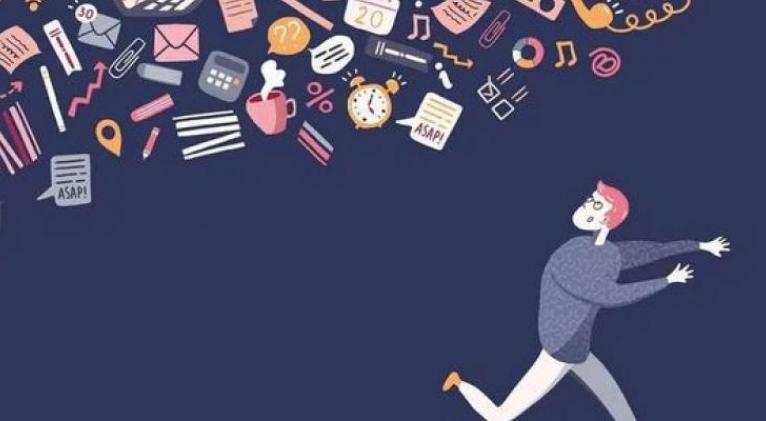Information and its Psychological Impact in Times of Covid-19
especiales

Do you think most of the day about the Covid-19 and the risk it represents to the lives of your family and friends? The complex epidemiological situation that many nations are going through right now a total of 457 confirmed cases in Cuba, and almost 60 thousand deaths worldwide, constantly increasing numbers, shows a truly alarming scene.
As human beings, it’s natural to experience feelings of stress and fear in such situations, however, the excessive publications about the pandemic could cause damage to emotional health and depressive symptoms.
The online Spanish version of the Russian magazine Sputnik discussed in a recent article how the large accumulation of negative news about this virus can affect the consumer public of this information.
In this era of internet, online platforms such as news sites and social media play a major role in the spreading of images, videos, sensational comments, as well as fake news that navigate through virtual cracks and break into firewalls of personal accounts.
Therefore, it would be sensible every time we receive publications about the Covid-19 through apps such as Messenger, WhatsApp or Telegram, we must compare and double check the trustworthiness of each, and share only those that come from official websites, such as government websites and public health institutions.
Without attempting to do so, when we integrate this load of negative content into our minds and externalize it, we can trigger anxiety and depression in ourselves, in relatives, neighbors and coworkers.
The World Health Organization (WHO) recommends spending limited time consuming news and being careful about what to read, since constant information about the pandemic could affect the mental health of many, especially those who already have a history of anxiety and obsessive-compulsive disorder (OCD).
In order to keep family harmony at home in times of social isolation, try to organize and maintain your daily routines, and good educational and leisure practices with children and other relatives, without underestimating the disease or letting your guard down about risk assessment.














Add new comment